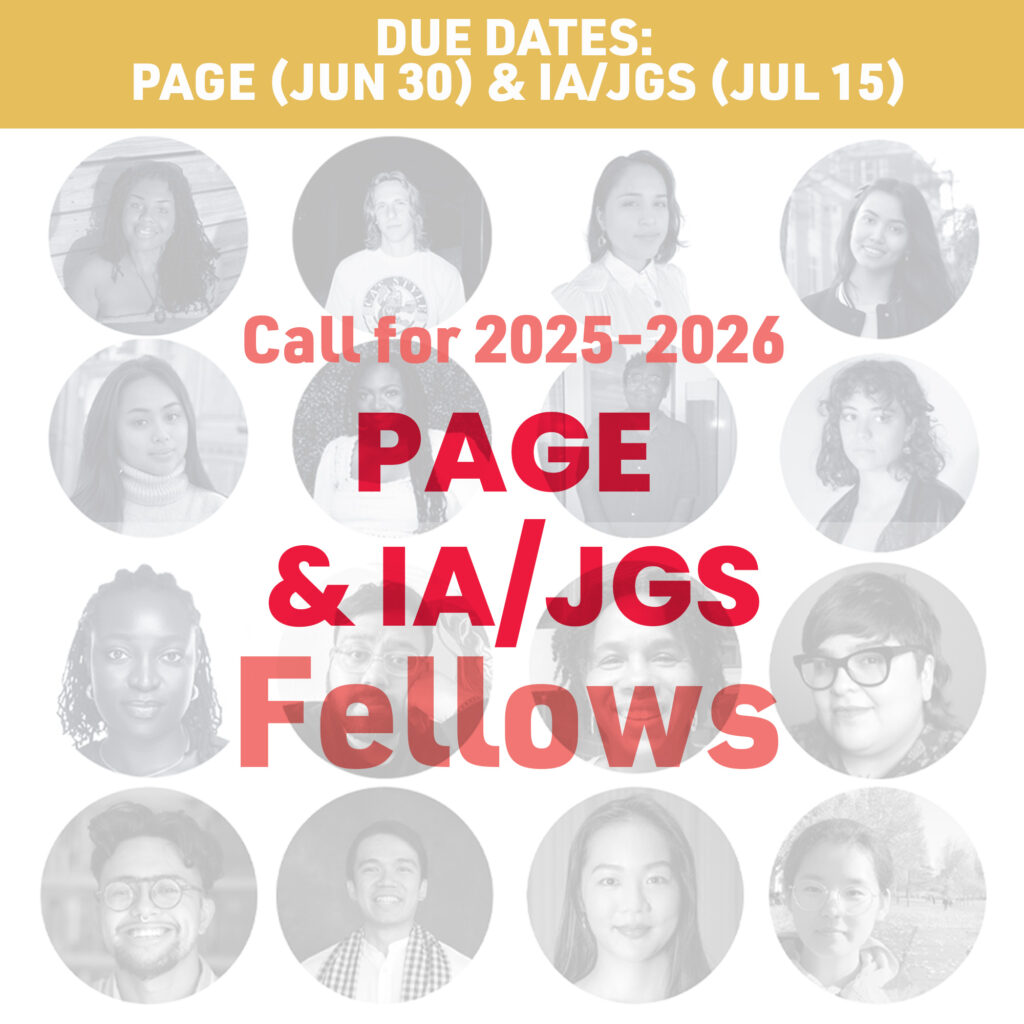Public Scholarship and Rotating Savings and Credit Associations
Sonya Squires-Caesar
In this digital story, Sonya explains why she incorporated African Indigenous knowledge into her Rotating Savings and Credit Associations work to become a more authentic public scholar.



Hello Sonya, I appreciate you sharing your experiences as a public scholar with us! Your video was incredibly well-produced 🙂 The storytelling was so engaging, and the graphics were especially helpful since this was my first time learning about rotating savings and credit associations. I identify as Filipino-American and did not realize that the concept of ROSCAs has also been around in the Philippines. Referred to as paluwagan, the practice exists most often within a single household or between several branches of a family household, to help keep each other afloat during financial crises and other emergencies. As you mentioned, ROSCAs are a simple savings tool, but their success relies largely on trust and strong interpersonal relationships. This is probably why I have only read about paluwagan being practiced in family settings. It is interesting to hear about your Afro-Caribbean and West African diaspora stories because it demonstrates the potential of communities when they work together earnestly and sincerely towards a common goal. It makes me wonder how we can implement ROSCAs in modern situations, like in academia, because I’m sure there are many students and friend groups who could benefit from this type of collectivist care.